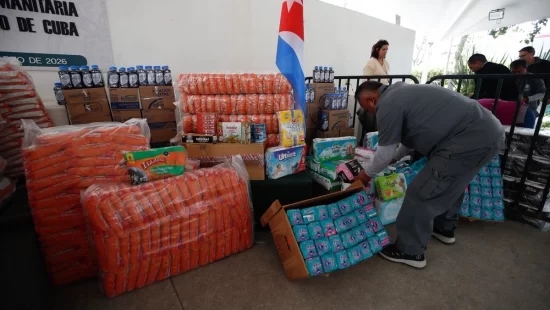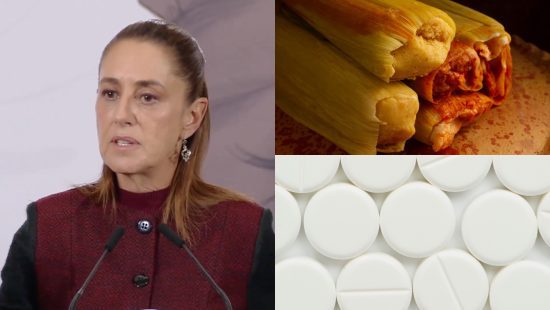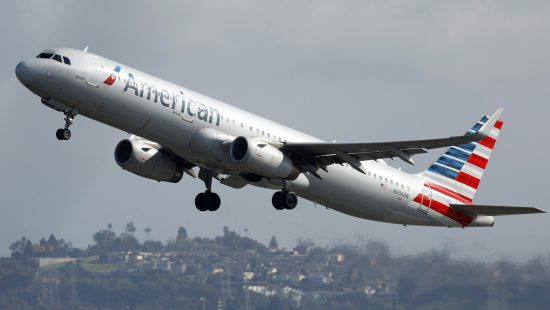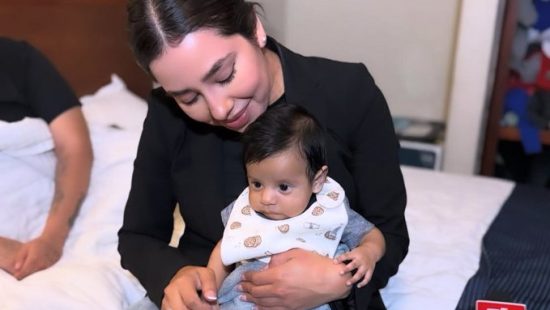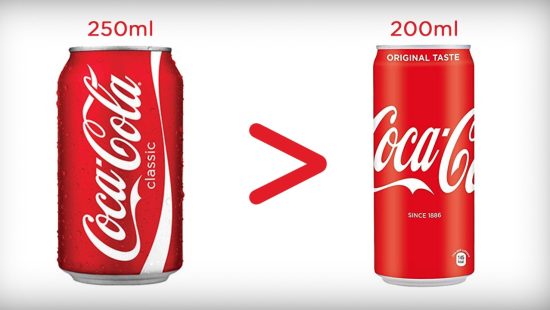Faster commutes, restored jobs, and renewed access bring economic relief to thousands in Southern California’s Latino community.
After months of closure due to the devastating January Palisades Fire and subsequent mudslides, an 11-mile stretch of Pacific Coast Highway (PCH) is set to reopen this Friday—just in time for Memorial Day weekend. The announcement brings a wave of relief to residents and businesses in Los Angeles, Malibu, and coastal Ventura County who have endured limited access and economic hardship since the disaster.
The reopening, fast-tracked through Governor Gavin Newsom’s “all-hands-on-deck” initiative, comes significantly earlier than anticipated. Emergency crews, Caltrans, and more than 100 units from the U.S. Army Corps of Engineers have been working around the clock to clear debris and restore access, removing an estimated 1,284 truckloads daily. Two lanes in each direction will reopen to the public this week.
“The reopening of PCH is a top priority, and we are going all-in to get this done,” said Gov. Newsom. His office credited the speed of progress to unprecedented interagency coordination and a surge of manpower and equipment.
But as physical access returns to normal, concerns about public safety, traffic management, and long-term recovery are coming into sharper focus.
In anticipation of both the PCH reopening and the scheduled withdrawal of the California National Guard by the end of the month, Los Angeles City Councilwoman Traci Park has launched a Pacific Palisades Public Safety Survey to gather community input on post-fire safety strategies. The survey invites residents to voice concerns about crime, access, and neighborhood security as local authorities shift from emergency response to long-term planning.
“We are very concerned about safety in and around the Palisades during this next phase,” Councilwoman Park’s office stated. “This survey gives residents a direct line to share their needs, challenges, and ideas as we move forward together.”
Residents are asked to identify their neighborhoods, highlight security hot spots, and weigh in on the roles of LAPD and private security providers. The survey also seeks feedback on support for local businesses, traffic flow expectations, air quality, and the timing of when heightened security may be most necessary.
City leaders plan to hold a community-wide meeting in the coming days to review survey responses and discuss next steps for public safety and recovery planning. A date for the meeting has not yet been announced.
The reopening also represents a major win for Latino workers and families across the region, many of whom have been disproportionately affected by the road closure. Thousands of Latino workers commute daily to Malibu and coastal neighborhoods for jobs in construction, hospitality, domestic services, and landscaping—sectors heavily impacted by the fire and restricted access.
“For many Latino families, the Pacific Coast Highway is more than a scenic route—it’s a vital economic lifeline,” said a spokesperson from the Los Angeles Latino Workers Alliance. “Reopening PCH means people can get back to work and support their families again.”
Local Latino-owned businesses that rely on coastal traffic—such as mobile food vendors, cleaning services, and repair contractors—are also expected to benefit as access resumes and tourism picks up for the holiday weekend and summer season.
Additionally, improved transportation access is expected to reduce commute times and transportation costs for Latino workers, many of whom were forced to take longer, more expensive detours during the closure. For low-income households without cars, the reopening may also restore bus and rideshare routes that were disrupted, making it easier to reach jobs, schools, and essential services.
As Southern California looks ahead to a busy holiday weekend and the beginning of summer travel season, officials say community input will be crucial to ensuring a safe and sustainable recovery for one of the state’s most iconic—and economically vital—coastal corridors.

